By Poh Yu Khing, Sport Psychologist
It's the start of the new year and many of you will have new year resolutions of achieving success in your sport and in your studies. There is usually one thing in common among those who achieve success: they are mentally strong.
You too can achieve excellence in performance if you train your mind and build your mental strength.
Sport psychology can help you learn and apply the mental skills for achieving peak performance in sports. Today, sport and performance psychology is helping not just athletes achieve sporting excellence, but also helping students, concert musicians, fighter pilots, surgeons and corporate executives achieve excellence in their performance areas.
Sport psychology aims to give athletes the mental skills to maximise the quality of training and to excel in competition. The best part is that mental skills can be learnt, and mental strength can be developed. Some people think that mental ability is unchangeable and that champions are born rather than made. That is rubbish! Even Tiger Woods and Roger Federer trained for long days and many years to get to where they are today. Yes, they are both talented, but people often forget the massive amounts of hard work they put in, not just to refine their physical skills, but also to train their minds to focus and bring out their best performance under the most intense of situations.
Staying calm under pressure, maintaining focus and concentration, bouncing back from adversity, and keeping confident can be learned, trained, and improved upon. And sport psychology can help you do that.
A Straits Times article on 8 May 2007 highlighted the role of sports psychology in national shooter Jesmine Ser's success. The Asian Games silver medalist had come in 54th out of 74 competitors in the Sydney leg of the 2007 Shooting World Cup, but two weeks later, managed to climb to 10th place in a field of 104 shooters.
Jesmine was quoted as saying: ‘After Sydney, I had some mental training with my sports psychologist, coach and high-performance manager, and that helped me to refocus.’
Her psychologist, Singapore Sports Council’s Zhao Jinhong, helped Jasmine to deal better with pressure. ‘A lot of young athletes can be pressured by competition goals set for them by the association,’ said Zhao. ‘But we help the athletes see these goals as motivation instead of pressure.'
So, instead of focusing on winning a slot to next year’s Beijing Olympics, Jasmine channelled her concentration to her shooting action. The result: She was ‘not feeling nervous’ and ‘shot peacefully’.
Straits Times, 8 May 2007
Jesmine eventually went on to win Gold at the SEA Games in December 2007.
As a student athlete, you have a world of opportunity in front of you. If anyone has ever told you that you are a loser, or that you will never make it, don't even start to believe them. Never allow yourself to entertain that thought. Basketball legend Michael Jordan, when he was a freshman in college, did not make the college basketball team and was told by the coach that he would never make a career in basketball. He is now recognized as one of the best basketballers to have played in the NBA. Michael Jordan says, "I can accept failure, everybody fails at something. But I cannot accept not trying." You can be a champion in your own way if you become mentally strong and pursue your dreams with dedicated focus.
What is your passion? What are your goals for this year? What do you dream of achieving in the years ahead? Whatever you want to achieve, remember that your mind is your most powerful resource. Start today to train your brain and condition your mind for pursuing excellence and achieving success.
Check out this worksheet which you can download, print out and fill in.
Yu Khing holds an Honours Degree in Psychology and a Masters in Sport Psychology. He worked as a sport psychologist for several years before becoming the Head of the Singapore Sports Council’s Sport Psychology Unit from 2005 to 2007. Yu Khing has worked with numerous national elite athletes and coaches in the area of mental training and preparation for peak performance during competition, and has also accompanied the Team Singapore contingents to major events like the SEA Games and Asian Games to provide on-site sport psychology support.

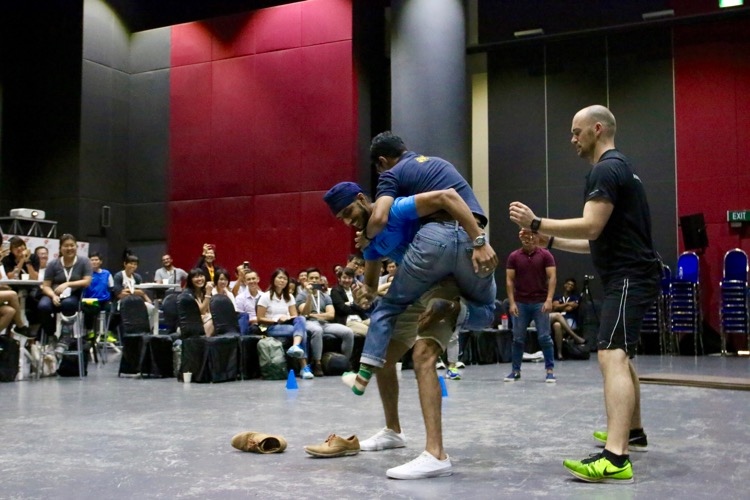

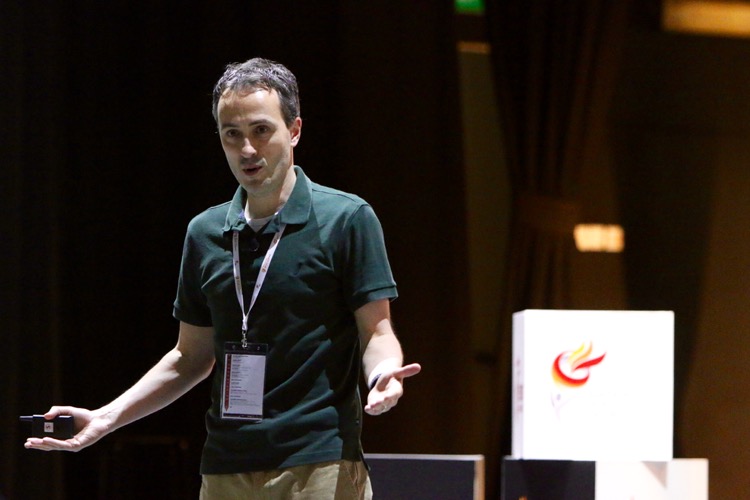
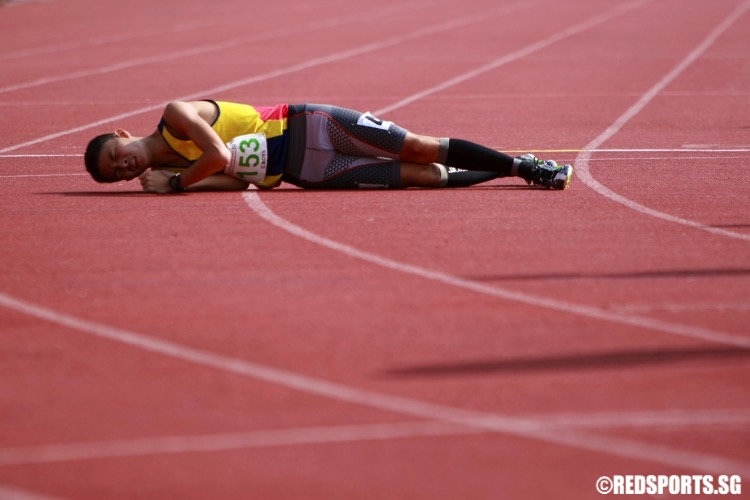
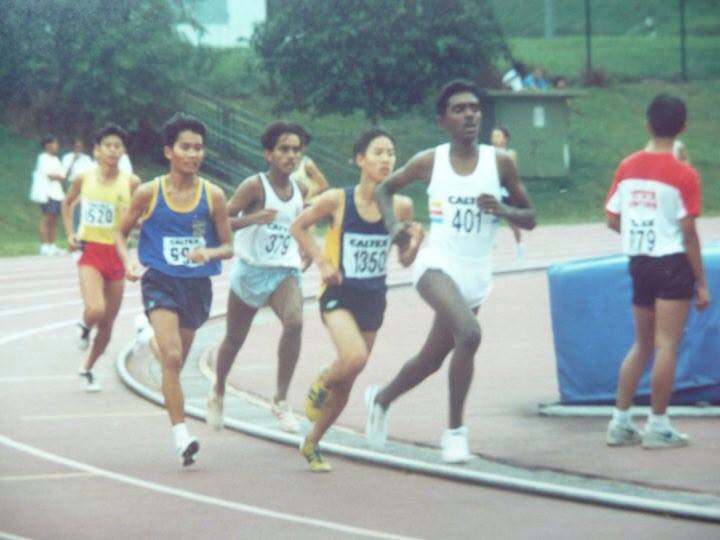
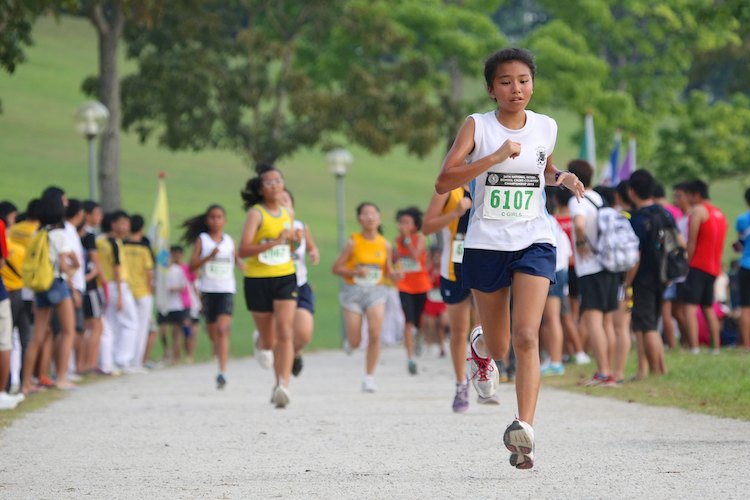
Leave A Comment